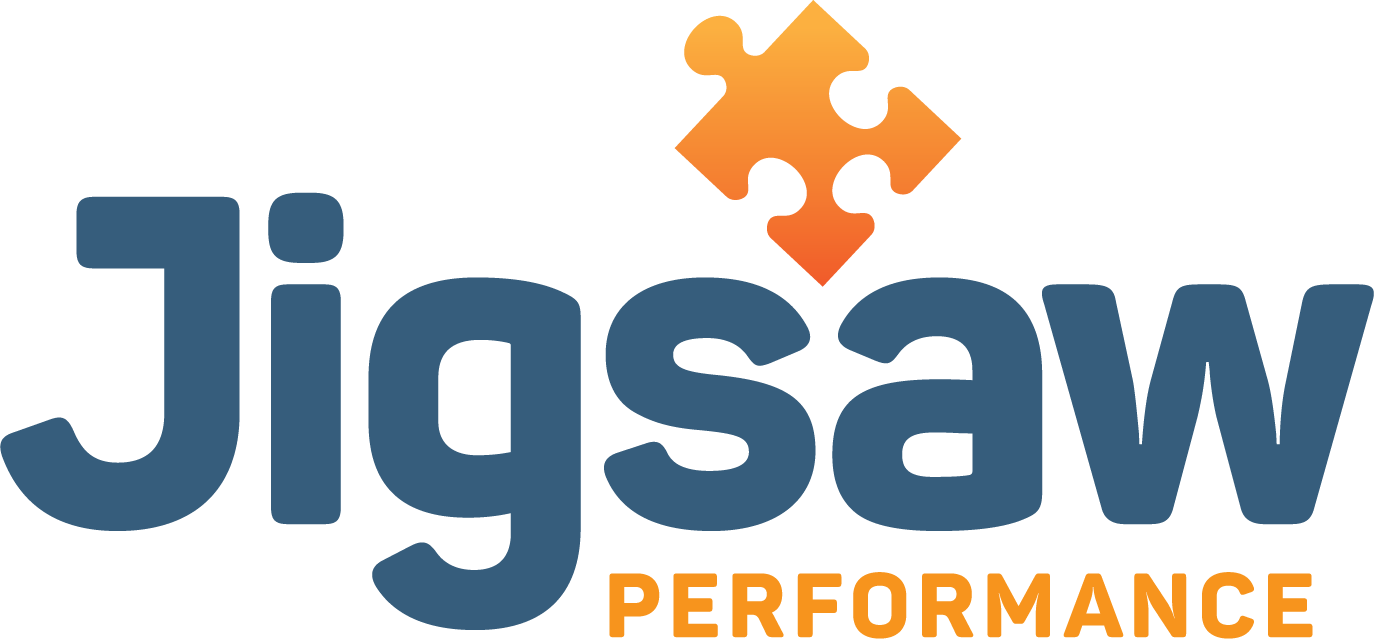The Power of Discretionary Effort: Driving Performance and Engagement in the Workplace
Discretionary effort – the willingness of employees to go above and beyond their basic job responsibilities – is a critical factor in achieving high performance and fostering a thriving workplace culture. In this blog post, we will explore the significance of discretionary effort, its connection to employee engagement and performance, and why organizations should prioritize cultivating this valuable behavior.
The Connection Between Performance, Engagement, and Discretionary Effort
Employee engagement, performance, and discretionary effort are interconnected elements that contribute to organizational success:
Employee Engagement: Engaged employees are fully absorbed by and enthusiastic about their work and, as such, takes positive action to further the organization’s reputation, its values and interests.
Employee Performance: High-performing employees consistently achieve and exceed their job responsibilities, contributing to overall organizational productivity and growth.
Discretionary Effort: Employees who exhibit discretionary effort demonstrate dedication, innovation, and a willingness to take on additional responsibilities, fueling overall performance and engagement. It’s the difference between the level of effort, creativity, and problem-solving one is capable of bringing to a task, versus the minimum effort required to just get by, and still receive a paycheck.
In essence, when employees are engaged and perform well, they are more likely to invest discretionary effort, creating a positive feedback loop that benefits both the individual and the organization.
The Discretionary Effort Model highlights the intersection of "have to do" and "want to do" behaviors. "Have to do" represents the basic job requirements, while "want to do" signifies additional voluntary effort driven by employee motivation.
Organizations that create an environment encouraging discretionary effort see increased innovation, improved performance, and a thriving workplace culture. Understanding this model helps organizations recognize the value of fostering a supportive environment where employees are inspired to excel.
Why Discretionary Effort Matters
Discretionary effort is essential for organizations for several reasons:
Enhanced productivity and innovation: Employees who invest discretionary effort often develop new ideas and approaches that drive organizational growth and efficiency.
Improved customer satisfaction: Discretionary effort leads to better service quality, fostering customer loyalty and positive word-of-mouth.
Higher employee retention rates: A work environment that fosters discretionary effort promotes job satisfaction and loyalty, reducing turnover and associated costs.
Stronger workplace culture: Encouraging discretionary effort cultivates a culture of commitment, collaboration, and continuous improvement, which benefits the entire organization.
Intrinsic Versus Extrinsic Motivation
To enhance discretionary effort, employers must understand and leverage both intrinsic and extrinsic motivation. This section explores strategies to improve this valuable behaviour by tapping into these two types of motivation.
Intrinsic Motivation
Intrinsic motivation stems from internal factors such as personal satisfaction, passion for the work, and a sense of purpose. Employers can nurture intrinsic motivation and, in turn, boost discretionary effort by implementing the following strategies:
Align individual and organizational goals: Encourage employees to set personal goals that are aligned with the company's objectives. This fosters a sense of purpose and engagement in their work.
Provide autonomy: Trust employees to manage their own tasks and make decisions related to their work. Autonomy promotes a sense of ownership and empowers employees to take responsibility for their achievements.
Foster a culture of learning and growth: Encourage continuous learning and skill development by offering training programs and workshops. This enables employees to enhance their expertise and feel valued for their contributions.
Promote work-life balance: Support employees' well-being by providing flexible work arrangements and encouraging time-off. A healthy work-life balance helps reduce stress and fosters a positive work environment.
Extrinsic Motivation
Extrinsic motivation is driven by external factors, such as recognition, rewards, and career advancement. Employers can tap into extrinsic motivation to boost discretionary effort by implementing these strategies:
Recognize and reward accomplishments: Acknowledge employees' contributions through public recognition, bonuses, or promotions. This demonstrates that their hard work is appreciated and valued by the organization.
Offer competitive compensation and benefits: Provide fair and competitive salaries, along with comprehensive benefits packages that cater to employees' needs. This helps attract and retain top talent while incentivizing high performance.
Provide career advancement opportunities: Support employees' professional growth by offering clear career paths and mentorship programs. This encourages employees to strive for excellence and take on more responsibilities within the organization.
Create a positive work environment: Foster a supportive and inclusive culture that promotes collaboration and teamwork. A positive work environment enhances job satisfaction and encourages discretionary effort.
To promote discretionary effort, organizations must prioritize employee engagement, performance management, and motivation strategies that cater to both intrinsic and extrinsic factors. By doing so, they create a supportive work environment where employees feel empowered, appreciated, and inspired to go the extra mile. Ultimately, focusing on discretionary effort not only drives performance and engagement but also leads to long-term organizational success.
Ready to take the next step? Let's connect to discuss your specific needs and explore how we can help you achieve your business goals.


